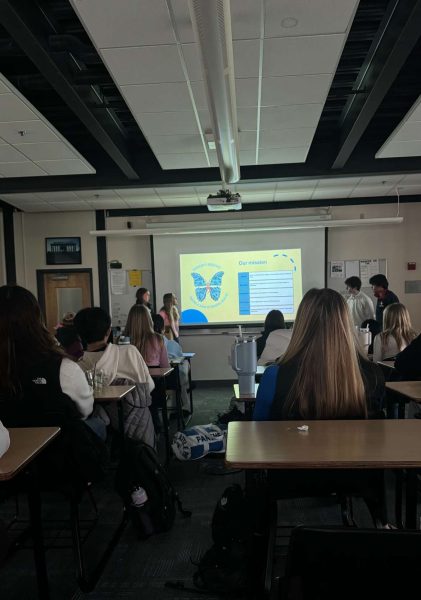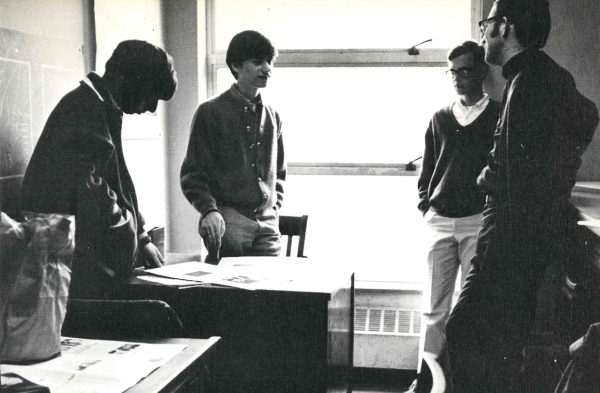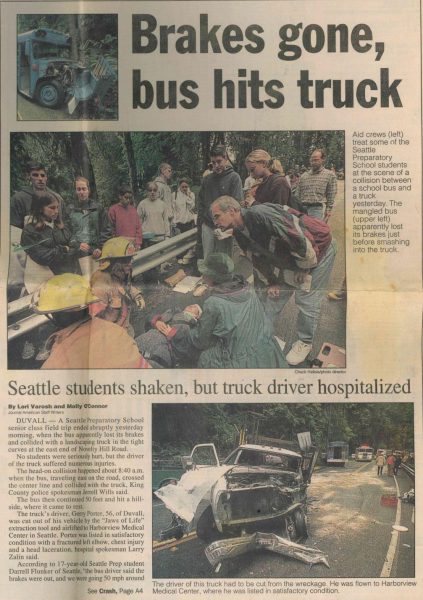Teacher Strike Marks Difficult Start to School Year
October 15, 2015
Fifty-three thousand students and five thousand teachers had a delayed start to school this September when there was a strike by the members of the Seattle Education Association. It was the largest teacher strike in the United States since Chicago in 2012, and the first one in Seattle for thirty years. The strike occurred on the ninth and tenth of September. The Seattle Education Association was at odds with the Seattle Public School Board’s choices about budget cuts, class sizes, and a lengthening school day without any pay compensation. Their response was a eight day strike culminating with a new contract approved by the school board.
In August of this year, the State Supreme Court declared that the state of Washington was not adequately fulfilling its constitutional duty to fund public schools. They issued a fine of $100,000 a day for failing to address the issue. According to the Seattle Education Association, the issue still had not been addressed concerning teachers and staff members when they went on strike. The teachers culminated their strike by picketing outside the school district’s central office starting at 5:00 AM. The new contract agreed upon by both parties stated that the teachers and staff members would receive a 9.5% pay raise over the next three years, thirty minute recesses for elementary school students, and longer days with compensation.
This protest is a good example of how speaking up about an issue can actually initiate change. The Seattle School Board remained calm and negotiated, and were able to compromise even though they were being opposed. Also, the teachers used nonviolent methods to influence the board’s decision. At the same time, the protest was an inconvenience to teachers, students, and their families. Many students went to community centers while their parents were at work. The strike postponed the school year, which may mean less of a summer vacation or a complete rewrite of curriculum. In the end, it is a matter of opinion about wether or not the ends justified the means, but it is difficult to deny that there was a problem that was brought to the attention of the public, and the problem was resolved.








